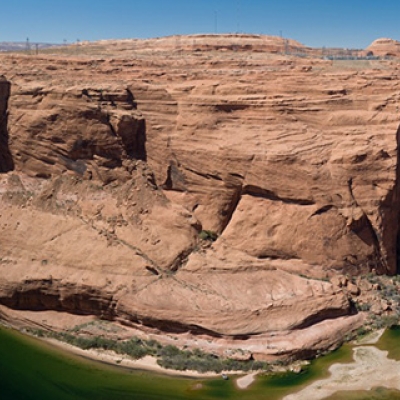R. Edward Grumbine
R. Edward Grumbine has been involved in integrating conservation science into resource management planning and policy since the 1980s. Currently on leave from Prescott College in Arizona, he is serving as a senior international scientist at the Kunming Institute of Botany, Chinese Academy of Sciences, Yunnan Province. His current work includes dam development impacts in the Mekong River, hydropower issues in the India Himalaya, and defining environmental security on China's western borders. He is the author of numerous academic papers and several books, including Where the Dragon Meets the Angry River: Nature and Power in the People's Republic of China, Ghost Bears: Exploring the Biodiversity Crisis, and editor of Environmental Policy and Biodiversity.




